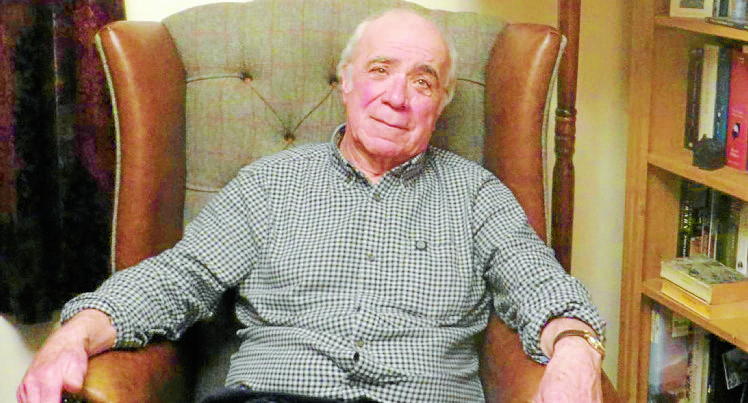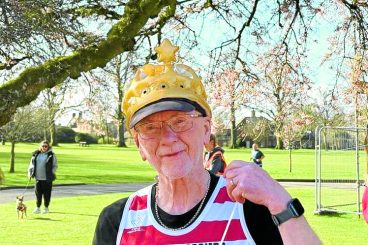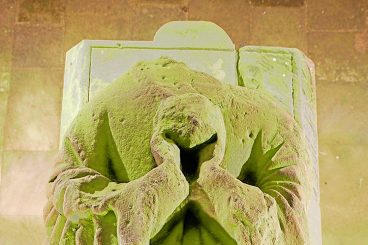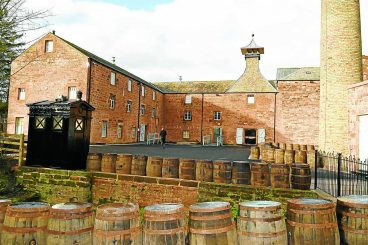UNKNOWN facts about the life and times of 19th century poet Charles Lamb are revealed in a new book written by a Lockerbie man.
David Carroll’s biography comes out later this month, just ahead of the 250th anniversary of Lamb’s birth, which will fall on February 10 2025.
The author admits to a “lifelong affection” for essayist Charles Lamb and the quintessential ‘Englishness’ of his work.
And he’s keen to share that passion with the wider world.
Now considered a man of distinction, it was not until he wrote the ‘Elia’ essays in his later years that Lamb actually became celebrated around the world.
However, he was a school friend of Samuel Taylor Coleridge at Christ’s Hospital, and the pair remained close throughout their lives.
But overall, Carroll tells the story of a man beset by domestic responsibilities and family tragedy.
David Carroll, above, has lived in Dumfriesshire since 1987 and is a former civil servant and teacher.
Over the past 40 years, he has written numerous magazine features and 16 books.

Explaining how ‘Charles Lamb: Man and Brother First’ came about, David said: “Born in 1775, Charles Lamb has captivated my interest since I first discovered his work during my school days.
“As an all-round Man of Letters (poet, playwright, and essayist), he was held in great esteem by his literary contemporaries and was included in their inner circles. Samuel Taylor Coleridge was his best friend at school and they remained fondly acquainted throughout their lives. In fact, his circle of friends also included William and Dorothy Wordsworth, Robert Southey, Thomas DeQuincey and William Hazlitt.
“I feel that, in more recent times, he has become a somewhat undervalued figure, perhaps because the more dominant and extrovert personalities of the day have retained the limelight.
“My interest stems from the part his body of work contributes to such a fertile period of literature (his Tales from Shakespeare, written in collaboration with his sister, Mary, has never been out of print since it first appeared in 1806), but my affection comes from a knowledge of his resilience and constancy.
“Although he played a significant role in the literary London of the age, while holding down a full-time day job as a minor clerk at an office in the City of London, he lived with the tragedy of his sister’s certified insanity, in the aftermath of the murder of his mother, and attempted murder of his father, by her. Charles cared for Mary, helping her to remain, mostly, outside of institutions, until he died in 1834.”
He added: “I have written this biography in order to bring him before the reading public again and perhaps to play a small part in reminding us of his unique place in the canon of 19th century English literature.”























